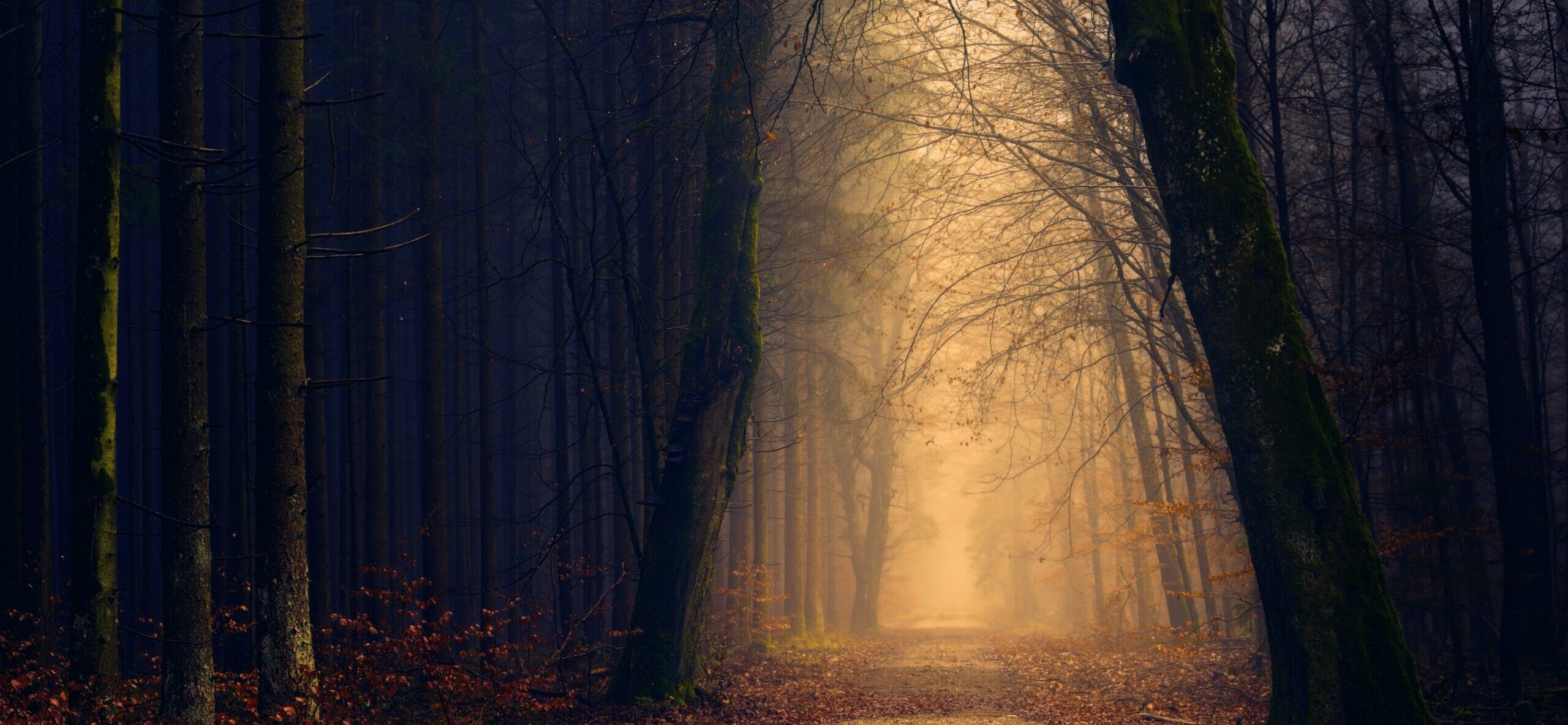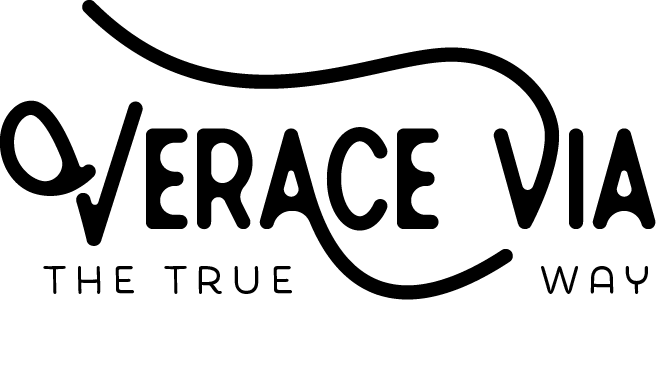Verace via is a Latin phrase that means “the true way.” While I studied Greek and Hebrew in seminary, I know no Latin (and to be fair, at this point I know very little Greek and Hebrew, either). I came across the phrase in an article in First Things magazine called “O Light Exalted” by Robert Royal, and though I did not immediately know what it meant (it is easy enough to guess at), I felt it resonate deeply in my soul. The phrase, for me, rings out like a bell on a clear, dark night, calling me back to the road which I so easily depart. There is a true way, not just for me but for everyone, and with all my heart I desire to walk upon it.
Royal’s article is an examination of Dante, that great medieval poet of the Church. He is best known for his masterpiece, The Divine Comedy, but one of Dante’s early, and lesser-known poems, “Ladies that have understanding of love,” is Royal’s key for understanding certain aspects of Dante’s philosophy. The poem begins in the middle of the poet’s life, just as he is waking from a long spiritual slumber, for it is when we are asleep that we are most likely to forsake the way. Few of us leave the path intentionally. Instead, we are seduced into either the waking sleep of hedonistic revelry or the dreamlike state of believing that we know better than our elders. Whether through temptation or pride, we wander in the dark wood until we suddenly snap awake.

Midway in the journey of our life
I came to myself in a dark wood,
For the straight way was lost. …
How I came there I cannot really tell,
I was so full of sleep
When I forsook the one true way.
Losing the one true way is an experience common to all men and women. “Every human being ever born must walk this path individually; it points to the verace via, the true way for the whole human race.” Despite the best intentions of our parents, if not always their best efforts, we grow up, leave home, and almost immediately venture off the straight and narrow road. It is an experience so common that our culture has thrown up its hands in the exasperated conclusion that every one of us just has to find their own way.
This is true, but only in the sense that each of us has to walk his own way back to the one true way. There is only one verace via, but we are all so scattered about it, lost in the dark wood on every side of it, that it seems that there are many true ways. And there are many ways back to the way. Your way back to the way differs, perhaps radically, from my way back to the way. And each of us differs significantly from a third, and a fourth, and so on. Relativism has a point to make: There are many ways back to the way, just as in any neighborhood there are many driveways leading out to the main road. But in the end, we must insist that the true way is one, suitable for every human being, and takes us, should we dare to tread it, to the God and Father of our Lord Jesus Christ.
The verace via is, in the end, not a way at all, but a person. Christ himself told his disciples on the night before he was crucified, “I am the way. I am the truth.” Jesus Christ is the verace via, and he is calling to all who are lost in the dark wood, newly awoken from the stupor and sleep of sin, to come to him. “Follow me! Rejoin the true way,” he cries. For he also wanders in the dark wood, not lost and confused as we are, but in search for our souls. Only those who know they are lost, who recognize that they have abandoned the true way to follow their own path, will answer his call of rescue. May his call be as clear to you as your mother’s voice calling your name in a crowded room, and may you have the courage to answer it.
A. W. Holt
November, 2022
Lewis Center, OH



